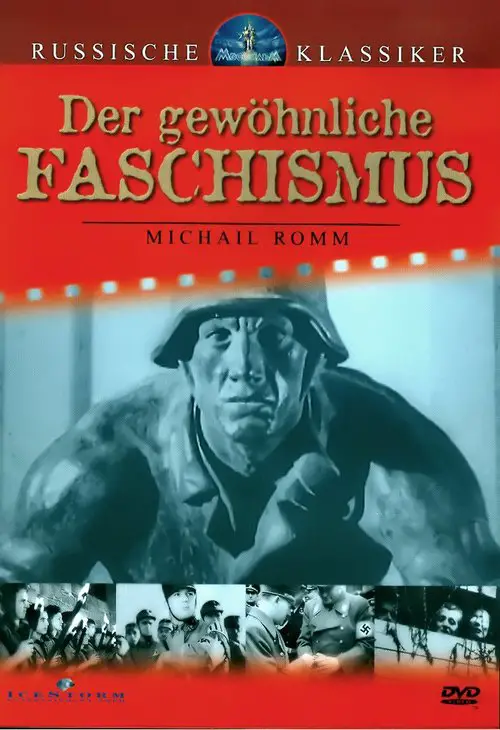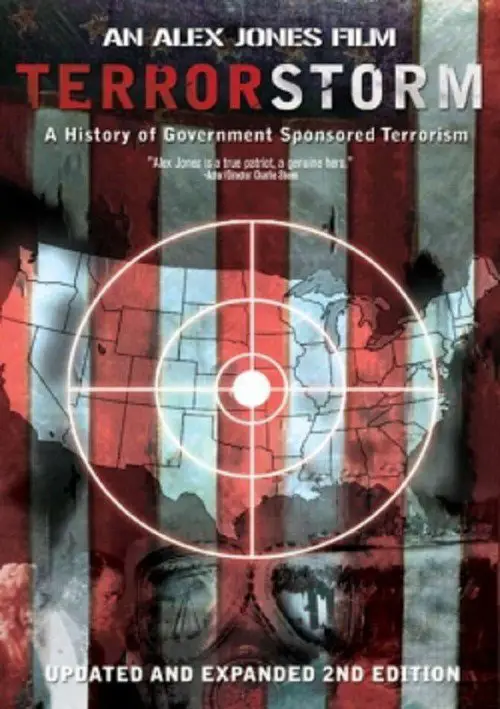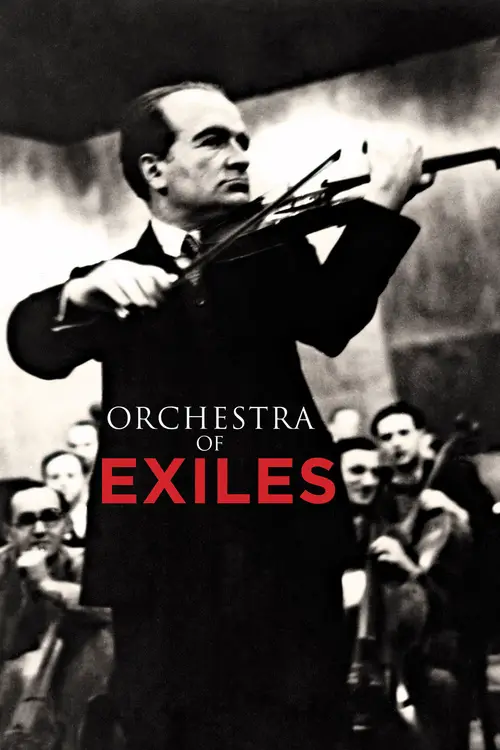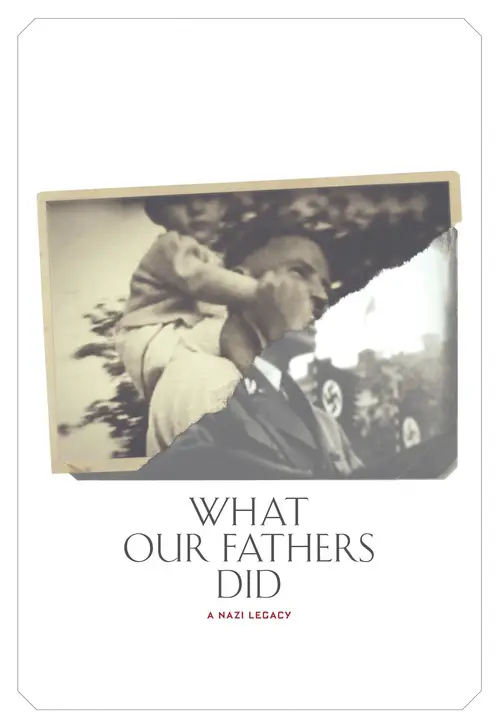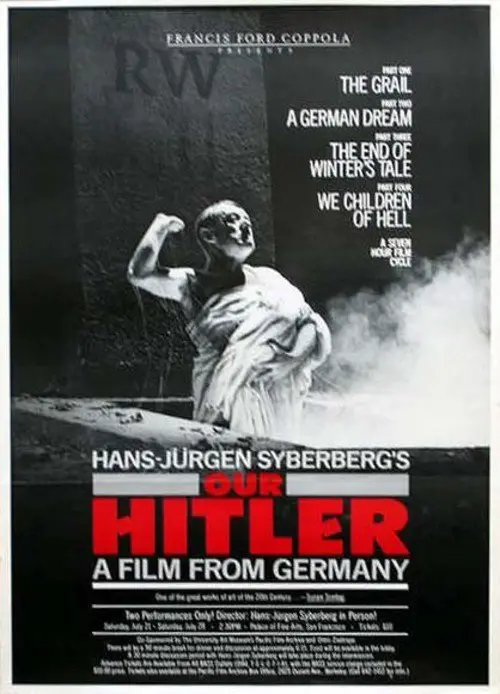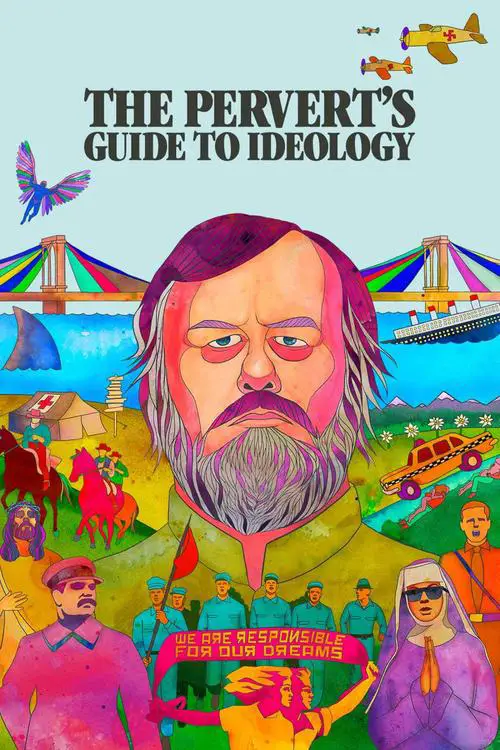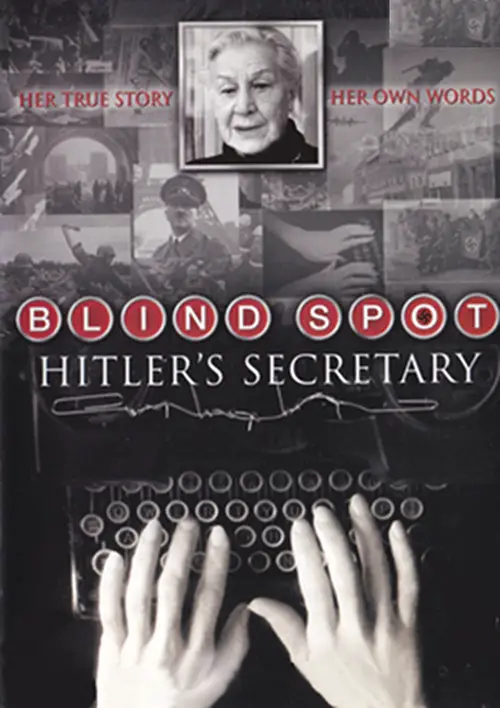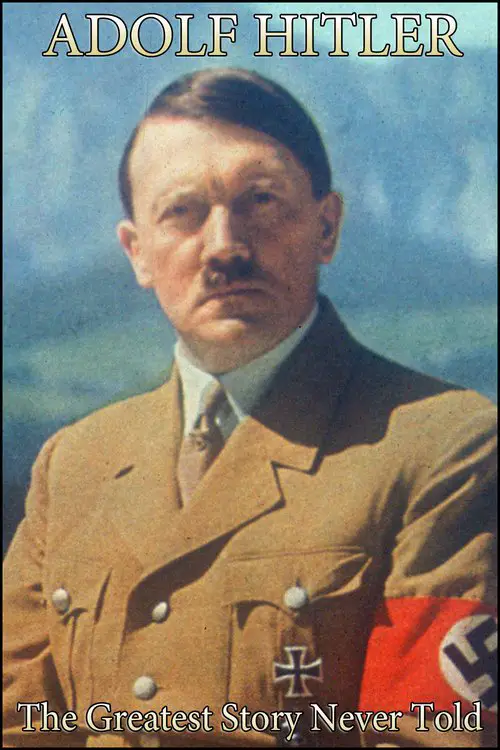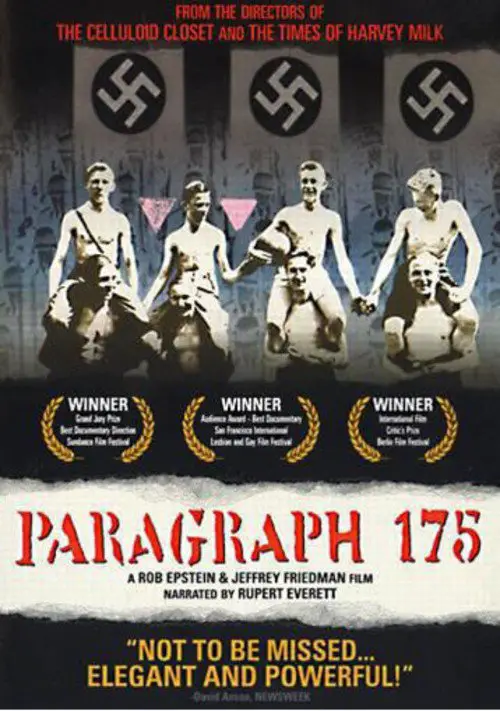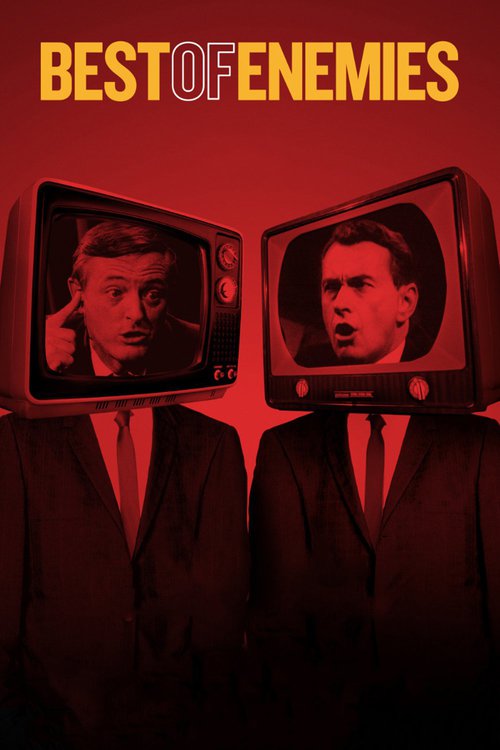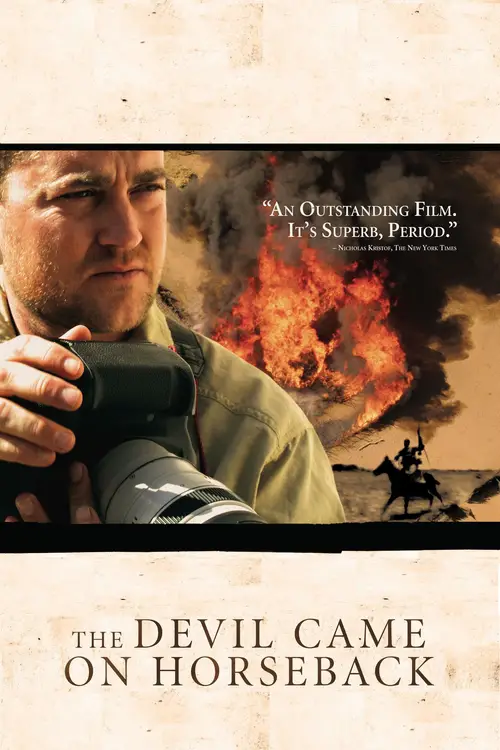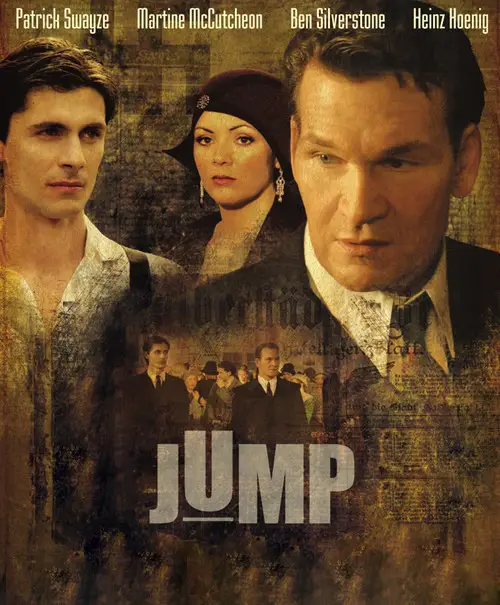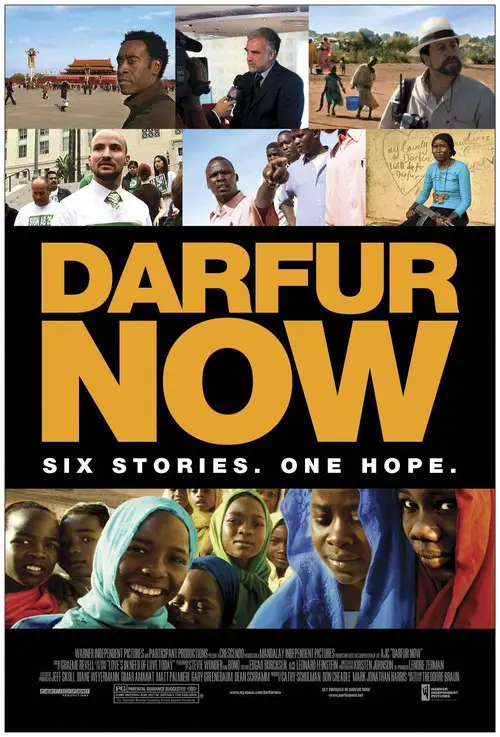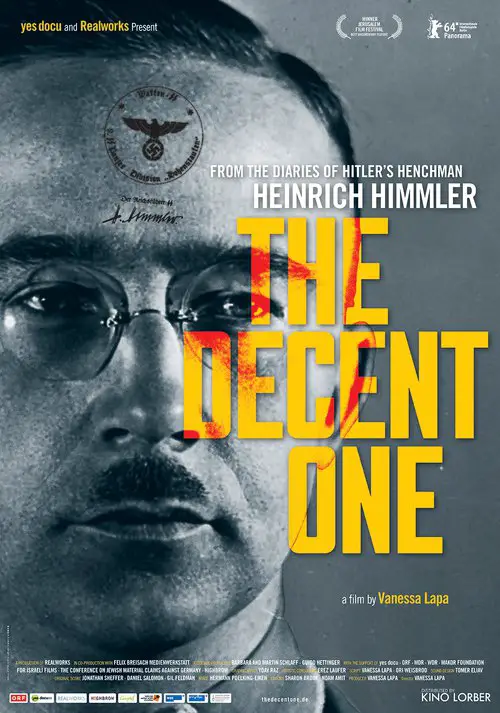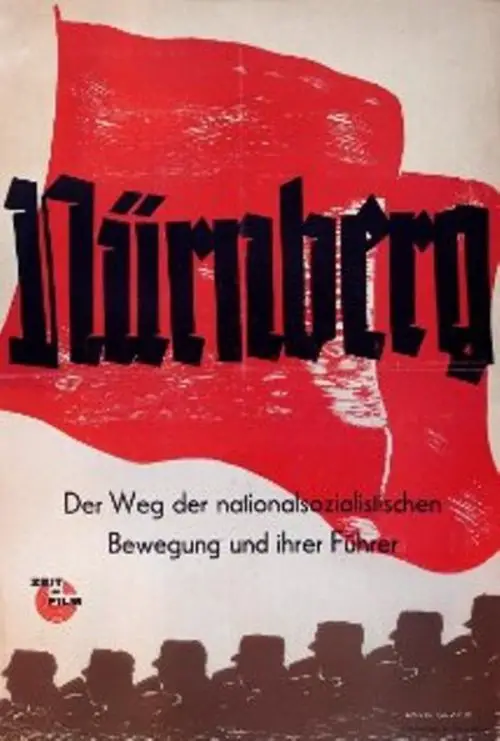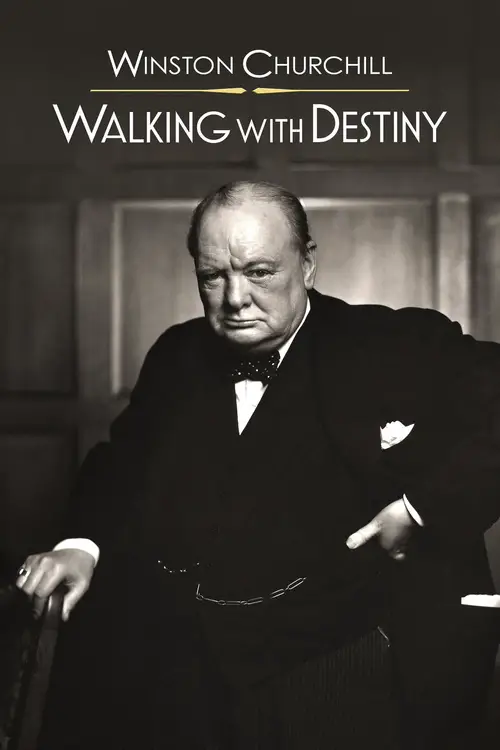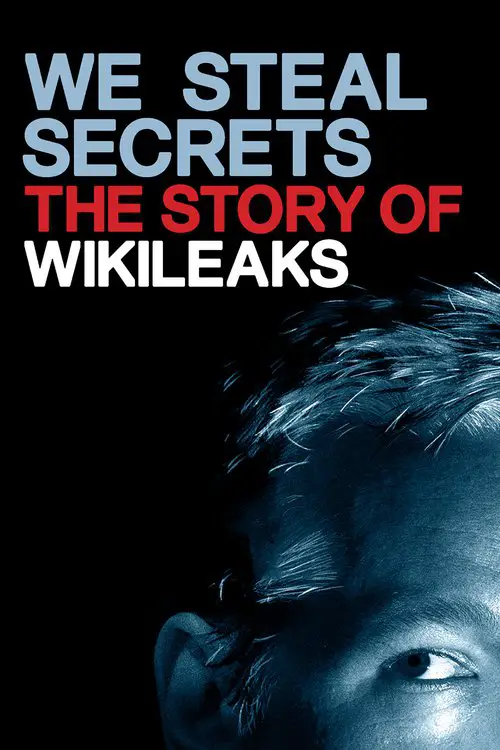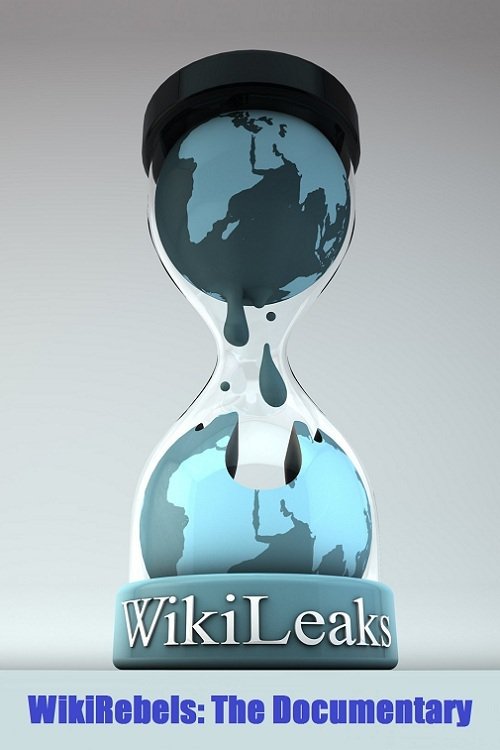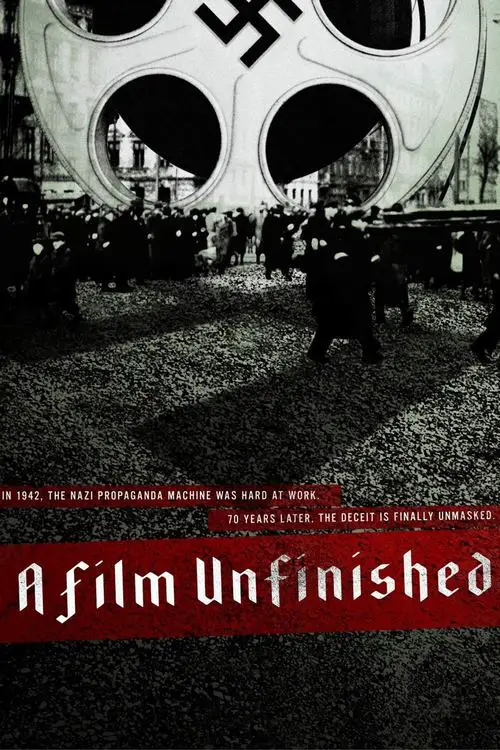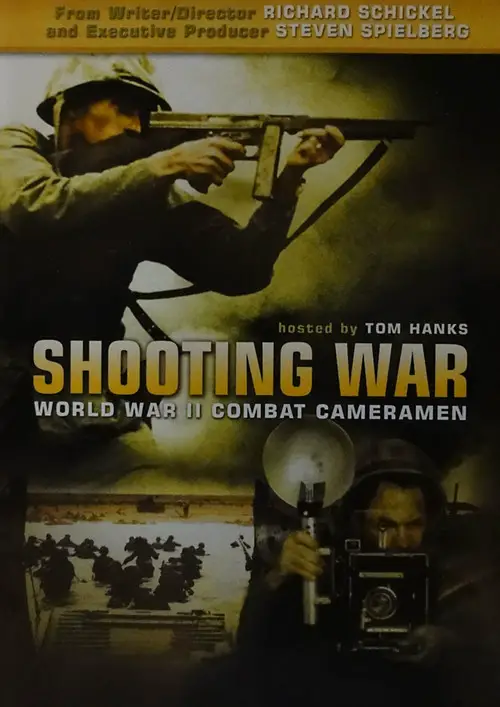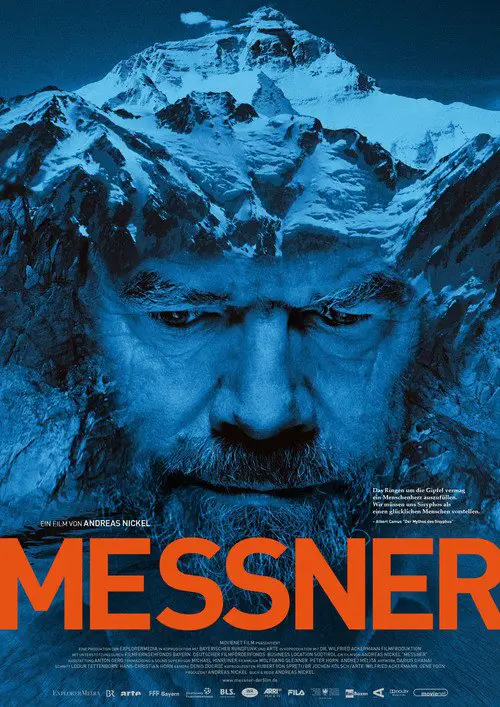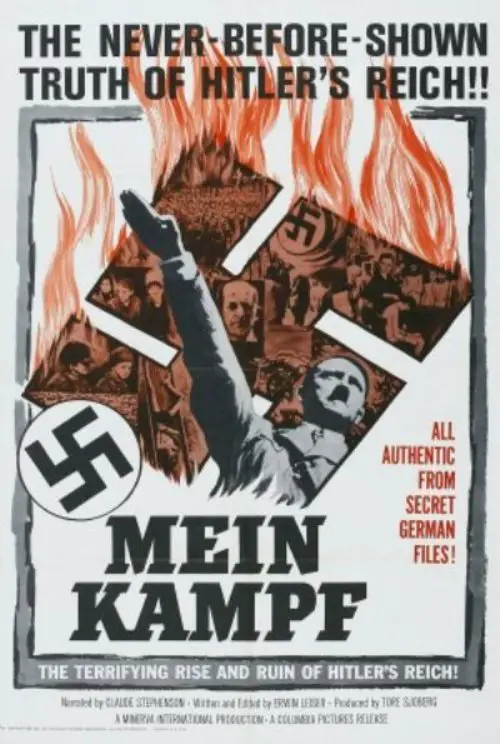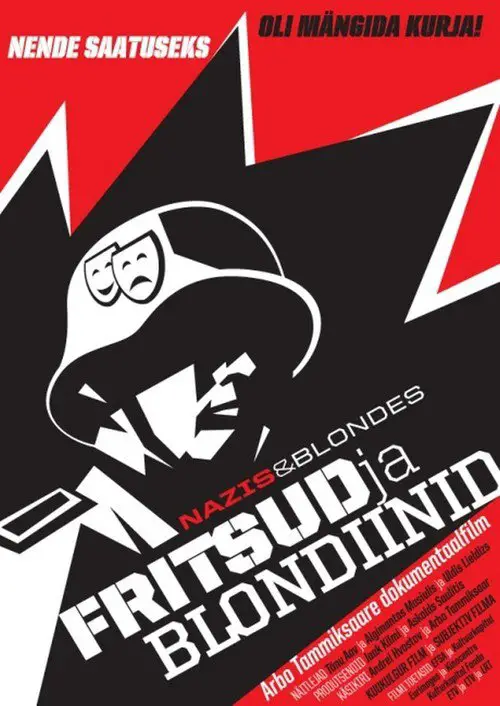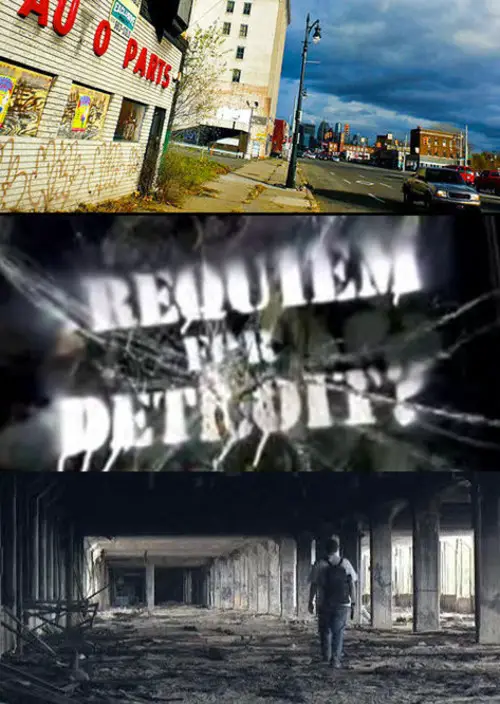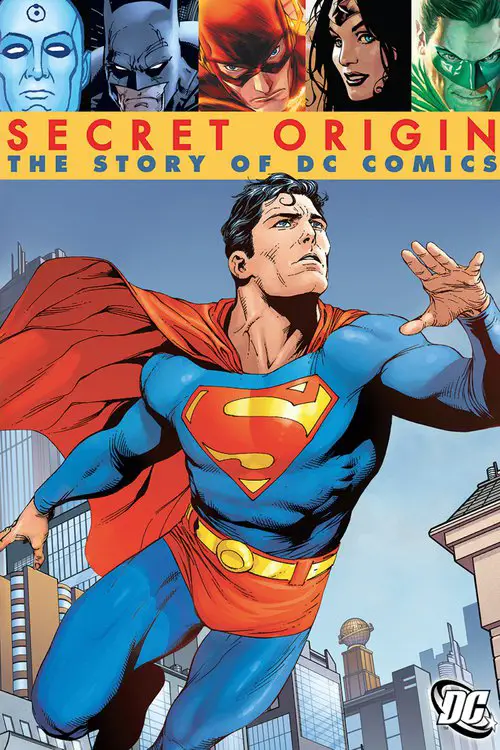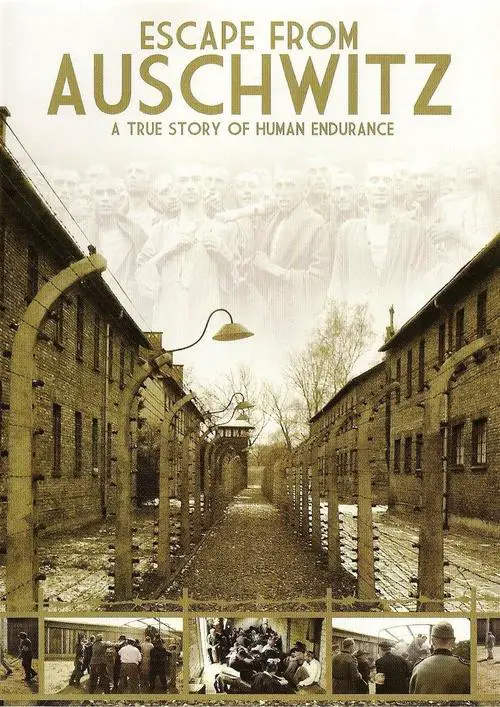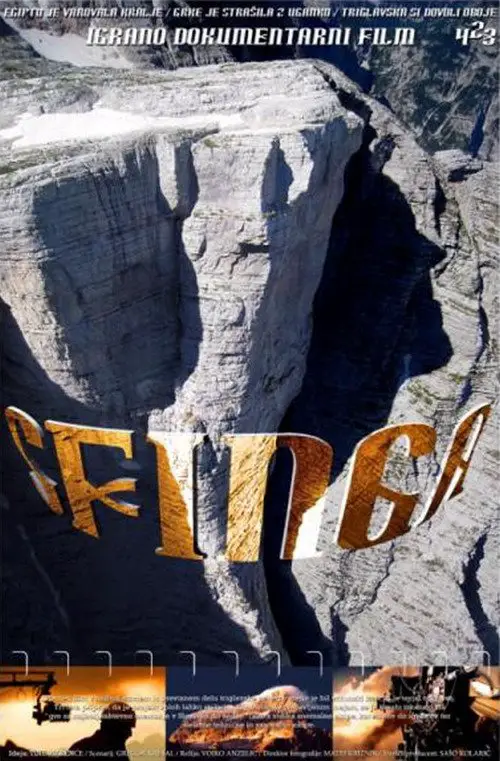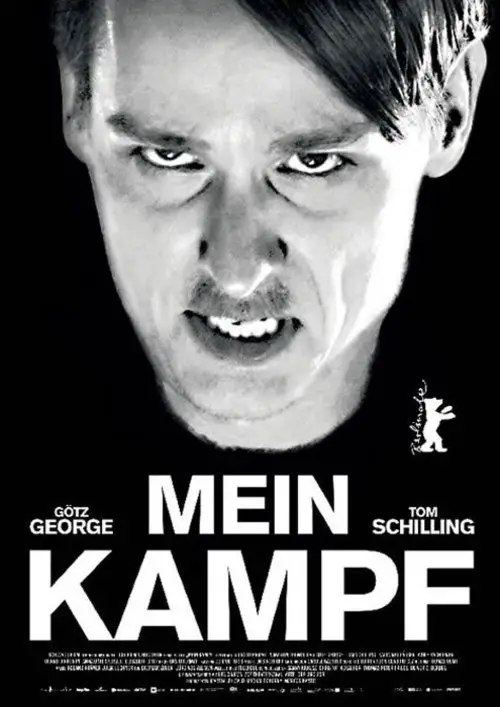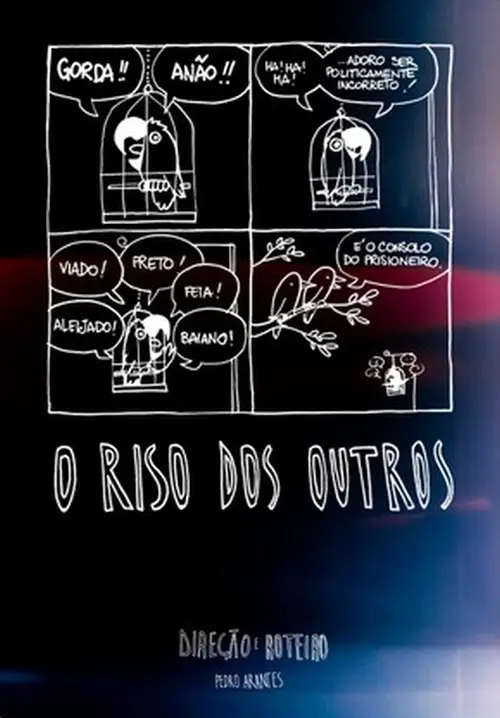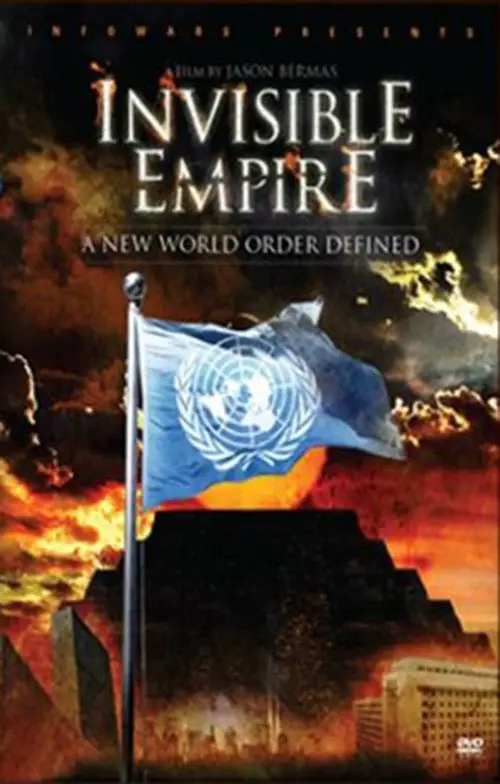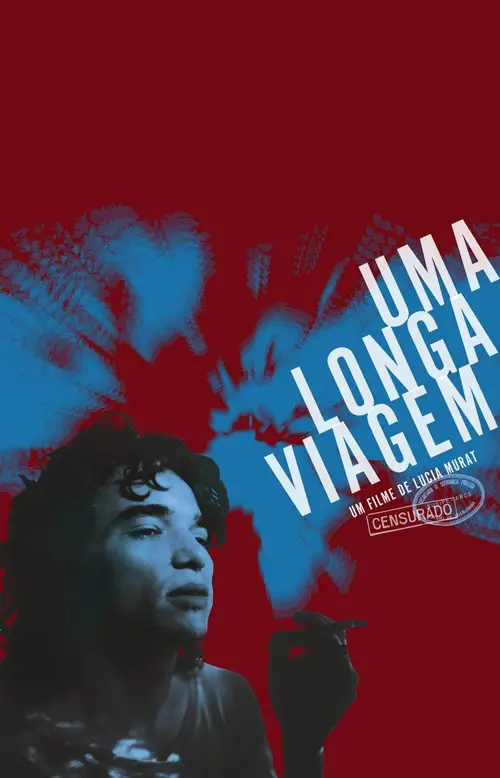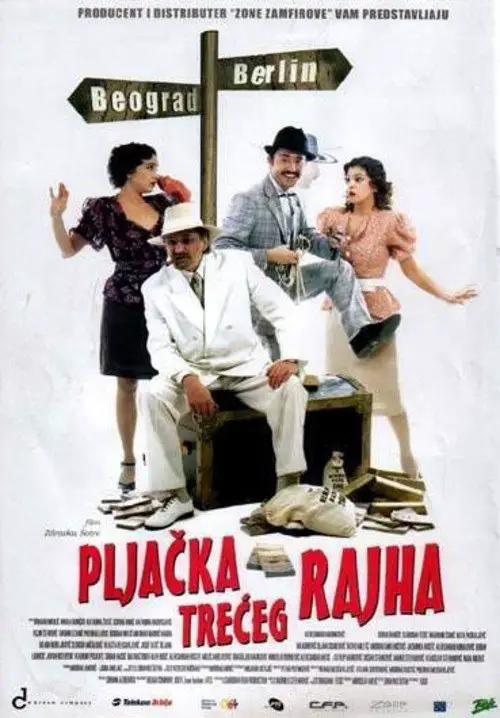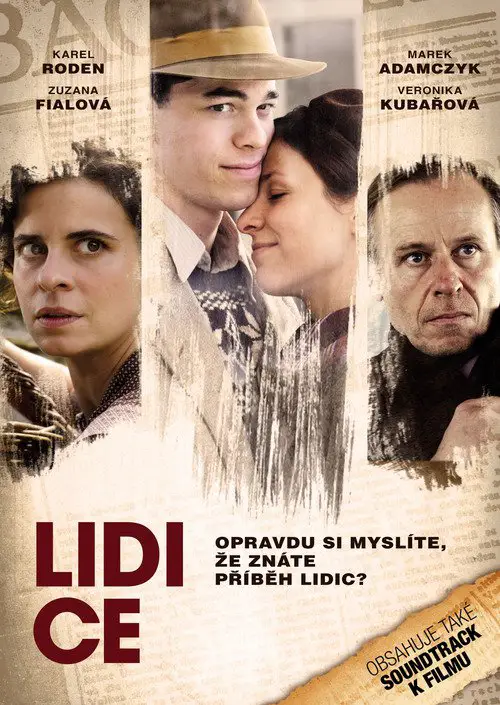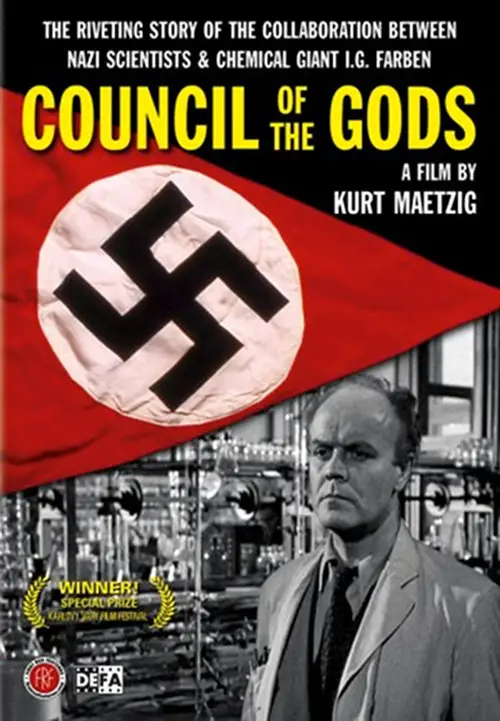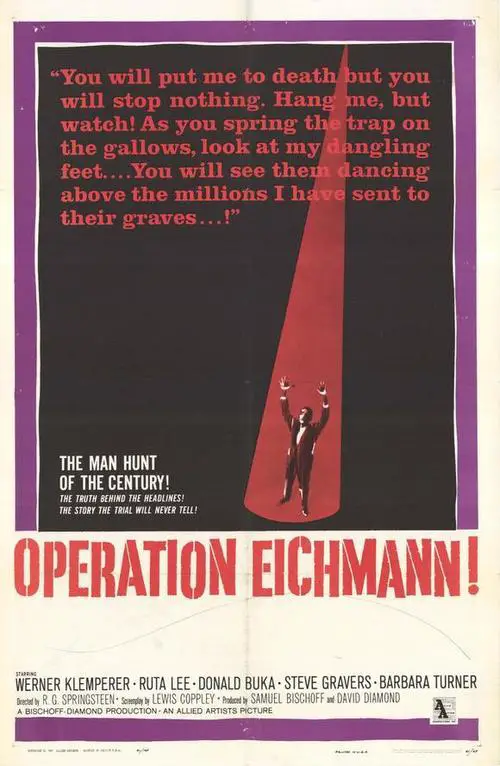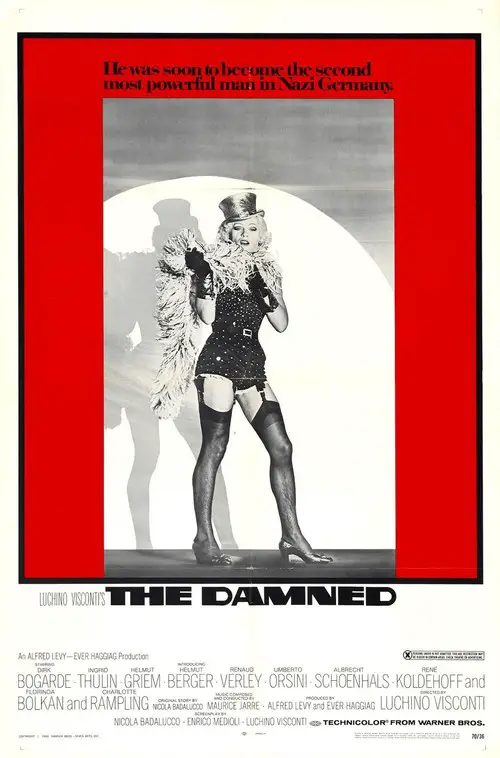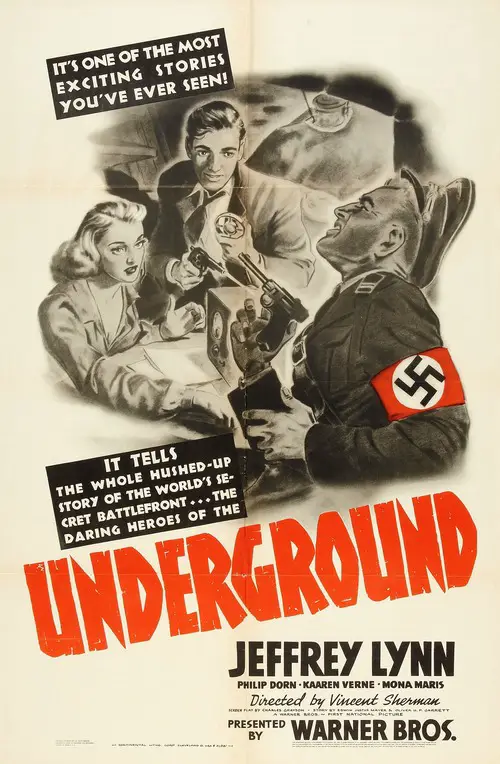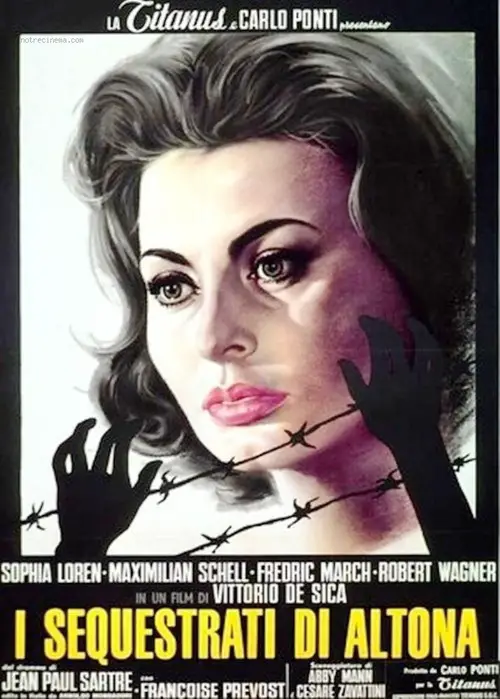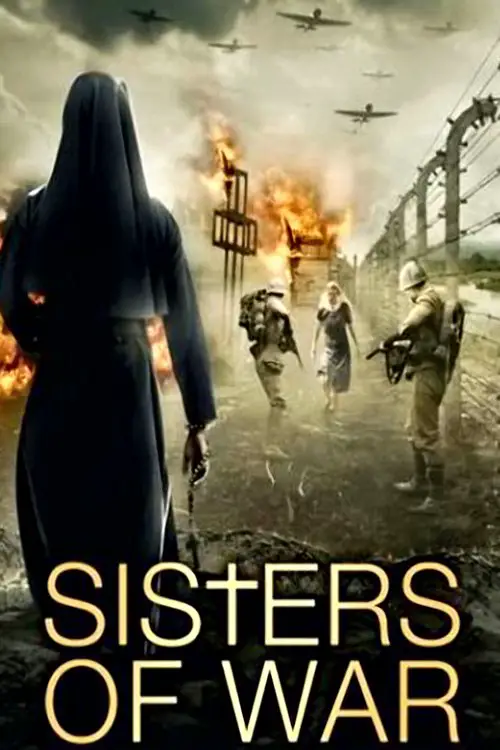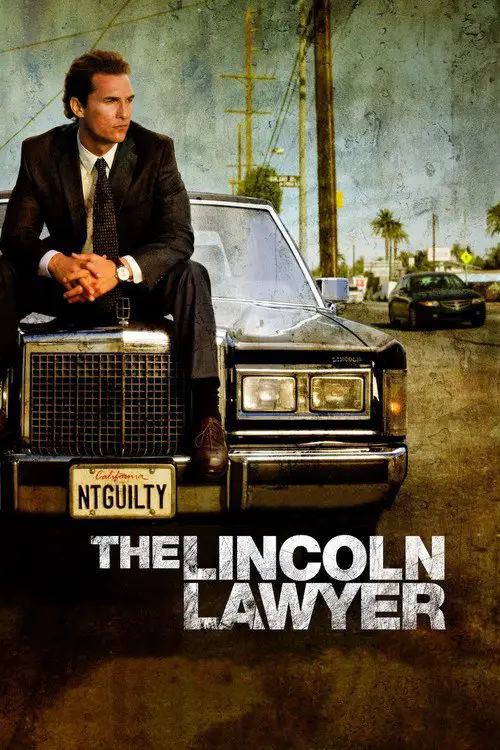A Man Can Make a Difference (2015)
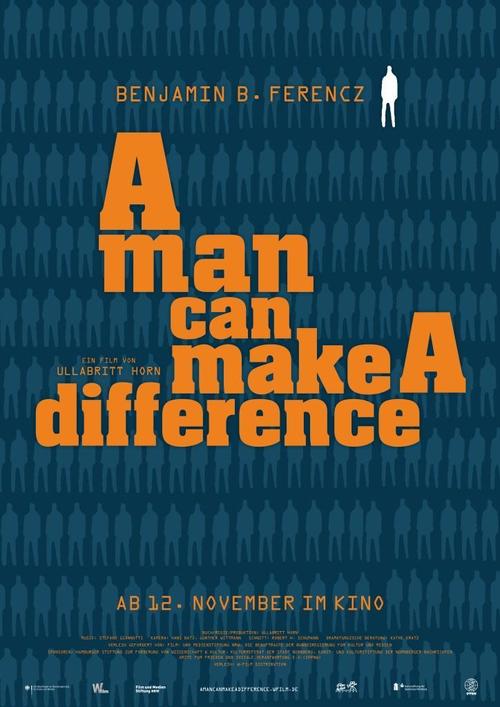
Similar movies
Romm's "Ordinary Fascism" pulls out all the stops in its selection of documentary material to draw the viewer not only into absolute horror about fascism and nazism in the 1920s-1940s Europe, but also to a firmest of convictions that nothing of the sort should be allowed to happen again anywhere in the world.
In this remarkable documentary, Noam Chomsky offers a riveting but devastating critique of America's current war on terror arguing, in fact, that it is a logistical impossibility for such a war to be taking place. Professor Chomsky presents his reasoning with astonishing and refreshing clarity, drawing from a wealth of historical knowledge and analysis. "Only those who are entirely ignorant of modern history will be surprised by the course of events, or by the justifications that are provided..."
Explores the making of Charles Chaplin's first "talkie" Diktatorn (1940) and draws many things that between Chaplin and Hitler had in common. The film contains colour home movie footage of the film's production which where shot by Charles' brother Sydney. These never before seen films were discovered by his daughter Victoria while looking though an old suitcase she found in the basement. The raw footage gives us an alternate insight to Chaplin's classic film which started production years before Adolf Hitler was seen as a major threat in the western world.
Four volume documentary set ("Adolf Hitler", "The SS Blood and Soil", "The Enigma of the Swastika", and "Himmler The Mystic") containing mainly B&W as well as some color archival footage, with narration explaining the influences of alternative belief systems (occult, paganism, mysticism, etc) on the Nazi ideology and Hitler's personal philosophy. Also documents the history and development of the ideas and symbols that would be used along with eugenicist racial politics to perpetrate the murder and oppression of millions during World War II.
Can you imagine what it means to grow up as the child of a mass murderer? Hans Frank and Otto von Wächter were indicted as war criminals for their roles in WWII. Nazi Governors and consultants to Hitler himself, the two are collectively responsible for thousands of deaths. But what stood out to Philippe Sands were the impressions they left on their sons. While researching the Nuremberg trials, the human rights lawyer came across two men who re-focused his studies: Niklas Frank and Horst von Wächter. The men hold polar opposite views on the men who raised them.
Documentary film that examines the rise and fall of the Third Reich, incorporating puppetry, rear-screen projection, and a Wagnerian score into a singular epic vision. The director, who grew up under Nazi tyranny, ruminates on good and evil and the rest of humanity's complicity in the horrors of the holocaust.
Documentarians Andre Heller and Othmar Schmiderer turn their camera on 81-year-old Traudl Junge, who served as Adolf Hitler's secretary from 1942 to 1945, and allow her to speak about her experiences. Junge sheds light on life in the Third Reich and the days leading up to Hitler's death in the famed bunker, where Junge recorded Hitler's last will and testament. Her gripping account is nothing short of mesmerizing.
Far outside what's normally taught as "history", this 6-hour documentary attempts to explain what's normally glossed over - Germany's actions prior to WWII, Hitler's popularity, the support of the Nazis by the Germans, the basis for hardline Nazi stances against Jews, and why Nazism was such a danger to the established world powers. It chronicles the German WWI defeat, communist attempts to take over Germany; hyperinflation during the Weimar Republic, widespread unemployment and misery that served as the foundation of Nazi principles, and Hitlerâs amazing rise to power. It also reveals a personal side of Hitler: his family background, his artwork and struggles, and what motivated him to pursue a career in politics. While open to criticism for being "pro-Nazi" in its perspectives, the documentary does present many factual foundations for those perspectives, highlighting an endless list of hypocrisies and double-standards imposed on Germany in the years before, during, and after WWII.
A documentary about the legendary series of nationally televised debates in 1968 between two great public intellectuals, the liberal Gore Vidal and the conservative William F. Buckley Jr. Intended as commentary on the issues of their day, these vitriolic and explosive encounters came to define the modern era of public discourse in the media, marking the big bang moment of our contemporary media landscape when spectacle trumped content and argument replaced substance. Best of Enemies delves into the entangled biographies of these two great thinkers and luxuriates in the language and the theater of their debates, begging the question, 'What has television done to the way we discuss politics in our democracy today?'
While serving with the African Union, former Marine Capt. Brian Steidle documents the brutal ethnic cleansing occuring in Darfur. Determined that the Western public should know about the atrocities he is witnessing, Steidle contacts New York Times reporter Nicholas Kristof, who publishes some of Steidle's photographic evidence.
A historical analysis of how groups such as the Naziâs may use language, symbols, and religious connotation in order to come to power. It raises questions that deserve in depth analysis and consideration. Questions include: Where do legends expand our thinking and where do they bury it? When does spiritual pursuit suddenly turn into fanaticism and violence? Last, have we as a society learned from our past, and if so have forgotten the lessons of the 20th Century? Are we now embarking on a new level only to learn the same old lessons about humanity again? In addressing these questions we are taken into the back drop of the history of Germany beginning in the late 1800âs through the late 20th Century at the eve of the 21st. âA society that does not take archetypes, myths, and symbols seriously will possibly be jumped by them from behind.â
Prelude to War was the first film of Frank Capra's Why We Fight propaganda film series, commissioned by the Pentagon and George C. Marshall. It was made to convince American troops of the necessity of combating the Axis Powers during World War II. This film examines the differences between democratic and fascist states.
This acclaimed documentary follows the story of six people who are determined to end the sufferings in Sudan's war-ravaged Darfur. The six - an American activist, an international prosecutor, a Sudanese rebel, a sheikh, a leader of the World Food Program and an internationally known actor - demonstrate the power of how one individual can create extraordinary changes.
One of the greatest courtroom dramas in history, NUREMBERG shows how the international prosecutors built their case against the top Nazi war criminals using the Nazis' own films and records. The trial established the "Nuremberg principles" -- the foundation for all subsequent trials for crimes against the peace, war crimes, and crimes against humanity. Commissioned by Pare Lorentz in his capacity as head of Film/Theatre/Film in the U.S. War Department's Civil Affairs Division, it was written & directed by Stuart Schulberg, who completed it in 1948.
Walking With Destiny highlights Churchill's years in the political wilderness, his early opposition to Adolf Hitler and Nazism, and his support for Jews under threat by the Nazi regime. As historian John Lukacs explains, Churchill may not have won the War in 1940, but without him, the War most certainly would have been lost. Sir Martin Gilbert, historical consultant for the film and Churchill's official biographer, adds that had Churchill's warnings about Nazi Germany's racial policies towards Jews been heeded in the early 1930's, the Holocaust may never have occurred. The film examines why Winston Churchill's legacy continues to be relevant in the 21st Century and explores why his leadership remains inspirational to current day political leaders and diplomats.
Julian Assange. Bradley Manning. Collateral murder. Cablegate. WikiLeaks. These people and terms have exploded into public consciousness by fundamentally changing the way democratic societies deal with privacy, secrecy, and the right to information, perhaps for generations to come. We Steal Secrets: The Story of WikiLeaks is an extensive examination of all things related to WikiLeaks and the larger global debate over access to information.
In WikiRebels, we learn about the early hacker life of Julian Assange, and his later decision to form an organization where whistleblowers can anonymously pass information that documents crime and immorality. His stated goal is to expose injustice, and nothing exemplifies this more than the leaked film entitled âCollateral Murder.â WikiRebels shows other films released by WikiLeaks, and catalogs the most significant leaks since its 2006 inception, including the Iceland banking scandal, Kenya corruption and death squads, and toxic dumping in Cote DâIvoire.
Yael Hersonski's powerful documentary achieves a remarkable feat through its penetrating look at another film-the now-infamous Nazi-produced film about the Warsaw Ghetto. Discovered after the war, the unfinished work, with no soundtrack, quickly became a resource for historians seeking an authentic record, despite its elaborate propagandistic construction. The later discovery of a long-missing reel complicated earlier readings, showing the manipulations of camera crews in these "everyday" scenes. Well-heeled Jews attending elegant dinners and theatricals (while callously stepping over the dead bodies of compatriots) now appeared as unwilling, but complicit, actors, alternately fearful and in denial of their looming fate.
A fictional investigative documentary looks back on the "assassination" of George W. Bush and attempts to answer the question of who committed the murder. Perhaps less morbid and disturbing to watch now than during Bush's presidency, the film doesn't address Bush's policies at all, instead focusing on the way a nation assigns blame in a time of crisis.
A remarkable film that takes a special look at the first war to be truly reported and recorded by one of the more unsung heroes of World War II: the combat photographer. Through the unflinching eye of their camera's lenses, these courageous soldiers continually risked their lives in their brave attempts to capture history.
"Mein Kampf" presents the raising and fall of the Third Reich, showing mainly the destruction of Poland and the life Hitler, which is told since he was a mediocre student and frustrated aspirant of artist living in slums in Austria and Germany, until his suicide in 1945 after being the responsible for the death of million of people, and the destruction of Europe. All the footage is real and belonged to a secret file of Goebbels, inclusive with many very strong scenes filmed by Goebbels himself.
Veteran actors from the 3 Baltic countries - Estonia, Latvia and Lithuania - gather at a castle in Latvia to receive awards for their roles as Nazi villains in propagandist Soviet war films. They reminisce about the films that made them famous throughout the USSR, but also stigmatized the Baltic countries as Nazi sympathizers in the eyes of many Russians - a misconception that is nowadays exploited by the Russian media, desperate to label the Baltic countries as a fascist haven
Compelling documentaries going deep inside the Third Reich and into the lives of some of Hitler's key personnel looking at what drove them to do the things they did, how they earned Hitler's trust and how most of them remained unrepentant right to the very end of their lives. These well researched documentaries from German TV should give us the last word on one of the darkest periods of the 20th Century. Presented by Guido Knopp the series looks at Hitlers men on the fighting front from Rommel to Keitel to Paulus.
The truth about the Auschwitz death camp was one of the most closely guarded secrets of the Third Reich. Prisoners who tried to escape were killed in public as an example to other inmates. Very few ever made it out alive. Escape From Auschwitz tells the incredible story of two young Slovak Jews, Rudolph Vrba and Alfred Wetzler, who managed to escape, determined to tell the world about the atrocities being committed by the Nazis at the camp, which resulted in the saving of thousands of lives.
The film in a charming and original way compares the first ascent to the first free-climb ascent of the Face of Sphinx, located in the most prominent part of the North Face Triglav. The aesthetic and breathtaking footage present beautiful and powerful environment of the Slovenian national symbol, with the mystical Sphinx at the forefront and all four protagonists of the two crucial ascents, which are separated by a period of three decades. The central story tells us that the Sphinx does not want that the climbers to solve her riddle, taken from her famous question: 'Who walks in the morning on four, at moon on two and in the evening on three (legs)?'
Every foot of film is authentic German footage -- uncovered in the secret archives of the SS Elite Guard and suppressed by Goebbels himself as too strong even for his own savage propaganda. Mein Kampf has created a sensational international impact and has been hailed as a stunning historical document. It has created a storm wherever it has been shown throughout the world while reaping enthusiastic reviews and acclaim. A brilliant achievement in motion picture documentation, Mein Kampf probes deep into the rise and ruin of the Third Reich and the evil genius that created it. Through stunning use of rare footage, it mercilessly asks and answers a central question that has haunted the mind and heart of the world: "How was such a thing allowed to happen?"
There are limits to jokes? What is the politically incorrect humor? A joke has the power to offend? It is these issues that 'Laughter of Others' discusses interviewing personalities such as comedians Danilo Gentili and Rafinha Bastos, cartoonist Laerte and Congressman Jean Wyllys, among others. The documentary delves into the world of Stand Up Comedy to discuss the fine line between comedy and offense, between legal and what creates endless lawsuits.
Invisible Empire is all conspiracy and no theory â proving beyond doubt how the elite have openly conspired to insidiously rule the globe via the engines of the CFR, the United Nations, the Trilateral Commission, and the Bilderberg group, which were born out of the historical Round Table groups first set up by Cecil Rhodes. The film traces the lineage of the evolution of global governance from Samuel Zane Battenâs 1919 manifesto New World Order, through to Hitlerâs vision of a 1000 year Reich, to the modern incarnation of the conspiracy which has its roots in the evil deeds of people like George H. W. Bush, David Rockefeller and Henry Kissinger.
Between 1933 and 1945 roughly 1200 films were made in Germany, of which 300 were banned by the Allied forces. Today, around 40 films, called "Vorbehaltsfilme", are locked away from the public with an uncertain future. Should they be re-released, destroyed, or continue to be neglected? Verbotene Filme takes a closer look at some of these forbidden films.
"A Long Journey" tells the story of three siblings who reach adolescence in the late 1960's. The documentary's storyline follows the youngest brother's travels around the world. Worried that he would enter the struggle for freedom against the Brazilian dictatorship, his family sent Heitor to London. There however, he dives head on into the "Swinging London" and, just like the European and American youth of the time period, he experiments with drugs and the mystic allure of India. In the nine years he has traveled around the world, from 1969 to 1978, he has regularly written to his family. The documentary features interviews with Heitor today, his letters and off-screen comments of Heitor's sister, Lúcia Murat, the director of the movie.
PÅÃbÄh Lidic, je pÅÃbÄhem obyÄejných lidÃ, kteÅà se absurdnà shodou náhod pÅipletli do cesty dÄjinám. Film pÅibližuje osudy obyvatel Lidic skrz mezilidské vztahy, a to zejména lásku, která stojà na zaÄátku celého pÅÃbÄhu. Rok 1942 â nÄmecká propaganda úzkostlivÄ tajà genocidu páchanou na civilnÃm obyvatelstvu. Po atentátu na druhého muže tÅetà ÅÃÅ¡e Reinharda Heydricha vÅ¡ak udÄlá výjimku. Po vypálenà malé Äeské vesnice Lidice, vÅ¡e vyhlásà do svÄta. Jako záminka k vypálenà obce staÄà jeden milostný dopis. V dobÄ svého tragického konce, v Äervnu 1942, mÄly Lidice za sebou dÄjiny trvajÃcà nejménÄ Å¡est staletÃ. Nacisté chladnÄ popravili vÅ¡echny lidické muže, ženy a dÄti nechali pÅevézt do koncentraÄnÃho tábora. NÄkteré dÄti dali na pÅevýchovu. Celková bilance â 192 popravených mužů, 58 žen zemÅelo v koncentraÄnÃch táborech a 88 dÄtà bylo posláno do plynu. Obec Lidice byla vymazána z map a srovnána se zemÃ. Výpravný velkofilm Lidice je natoÄen podle skuteÄné události.
Tells the story of Michael Berg, a German lawyer who as a teenager in the late 1950s had an affair with an older woman, Hanna, who then disappeared only to resurface years later as one of the defendants in a war crimes trial stemming from her actions as a concentration camp guard late in the war. He alone realizes that Hanna is illiterate and may be concealing that at the expense of her freedom.
Based on testimony from the Nuremberg Trials, this East German drama explores the collusion between international corporations and Nazi scientists. Considering himself politically neutral, a chemist remains silent when his company creates the gas that kills millions of prisoners in concentration camps. This vintage film was used as propaganda for the new German Democratic Republic.
In the early days of Nazi Germany, a powerful noble family must adjust to life under the new dictatorship regime. The transition from democracy to dictatorship is thus dramatized through the lives of the family which also owns a powerful German industrial firm. Through such characters as a German Baron, a child molester, a Nazi Storm Trooper, an innocent man framed for murder, and a Captain in the German SS, "Damned" thus shows how so called "German Upper Class Nobility" first resented Adolf Hitler, then accepted him, and at last embraced him.
A World War II Hollywood propaganda film detailing the dark underside of Nazism and the Third Reich set between two brothers, Kurt and Erik Franken, whom are SS officers in the Nazi party. Kurt learns and exposes the evils of the system to Erik and tries to convince him of the immoral stance that marches under the symbol of the swastika.
Viennese surgeon Dr. Braun and his daughter Leni come to a small town in North Dakota as refugees from Hitler. When the winds of the Dust Bowl threaten the town, John Phillips leads the townsfolk in moving to greener pastures in Oregon. He falls for Leni, but she is betrothed to the man who helped her and her father escape from the Third Reich. She must make a decision between the two men.
Sisters of War is a World War II memoir that re-creates events in New Britain during the Japanese invasion and occupation. It is a story about the Daughters of Our Lady of the Sacred Heart, especially Sister Berenice Twohill and her working friendship with nursing sister, Lorna Whyte. The Australians pulled out of the mission in Vunapope outside Rabaul, leaving the nurses and wounded who took refuge there. They were captured and about to be executed when Bishop Leo Scharmach MSC bluffed the Japanese by saying that he was the representative of Hitler and his people could not be executed.
Frederick Manion, an Army lieutenant, is arrested for the murder of bartender Barney Quill. In his defense, he claims that Quill raped and beat up his wife Laura. Although Laura supports her husband's story, the police surgeon cannot find evidence of rape. Manion is defended by Paul Biegler, a humble small-town lawyer. During the course of interviews, Biegler discovers that Manion is violently possessive and jealous, and that his wife has a reputation for giving her favors to other men. Biegler realizes that the prosecution will try to make the court believe that Laura was the lover of the bartender and that Manion killed him and beat her up when he discovered them together. Manion pleads "not guilty" and Biegler, who knows that his case is weak, sets his assistants to try to find a witness who will save Manion.
© Valossa 2015–2026
| Privacy Policy
